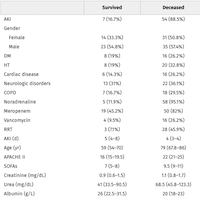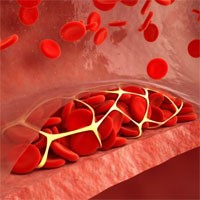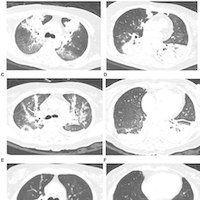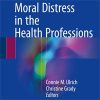Increased Hospital-Based Physical Rehabilitation and Information Provision After ICU Discharge
jamanetwork.com
Post-ICU hospital-based rehabilitation, including increased physical and nutritional therapy plus information provision, did not improve physical recovery or HRQOL, but improved patient satisfaction with many aspects of recovery. Increasing the frequency and intensity of mobility, exercise, dietetic, and related therapies for patients discharged from the ICU during the post-ICU hospital stay and greater provision of information did not improve measures of physical function or HRQOL compared with the usual practices. However, the intervention improved patient satisfaction with many aspects of recovery.
We compared the effectiveness of rehabilitation that primarily increased the frequency of mobilization and exercise therapy, dietetic management, and provision of information to existing care between the discharges from the ICU and hospital. Although the frequency of therapy episodes increased 2- to 3-fold across multiple domains and monitoring of nutrition increased, patient recovery of mobility, physical function, HRQOL, and self-reported symptoms were no different from those of the usual care group at 3 months or during the 12-month follow-up. Health care costs were similar, and the intervention generated no benefit based on quality-adjusted life-years. However, at the 3-month assessment, patients appeared more satisfied with many aspects of care.
Participants included 240 of 482 potentially eligible patients (49.8%). At 3 months, 12 patients had died (6 per group); primary outcome data were complete for 118 of the 120 patients in the intervention group (98.3%) and 110 of the 120 patients in the usual care group (91.7%).















